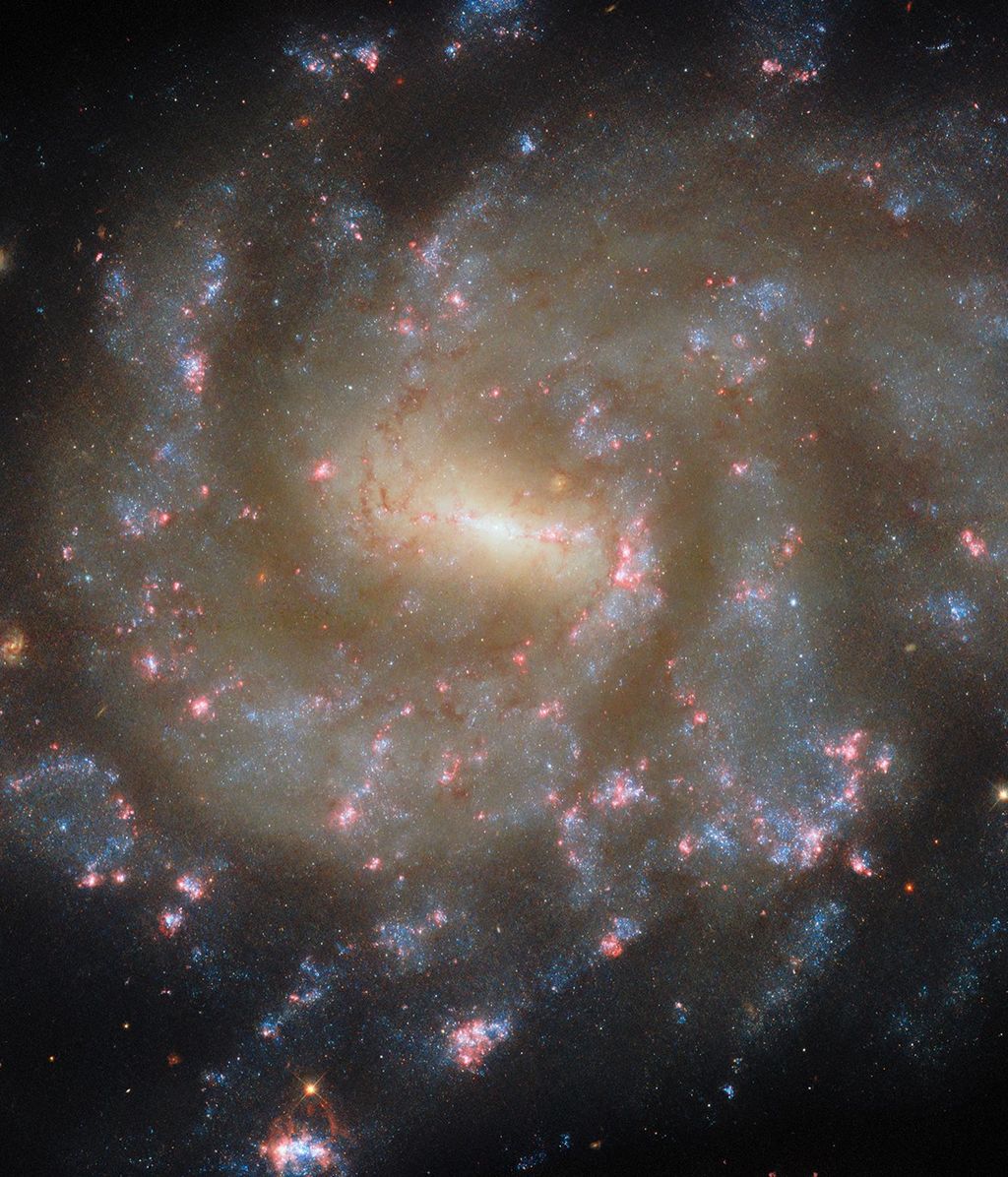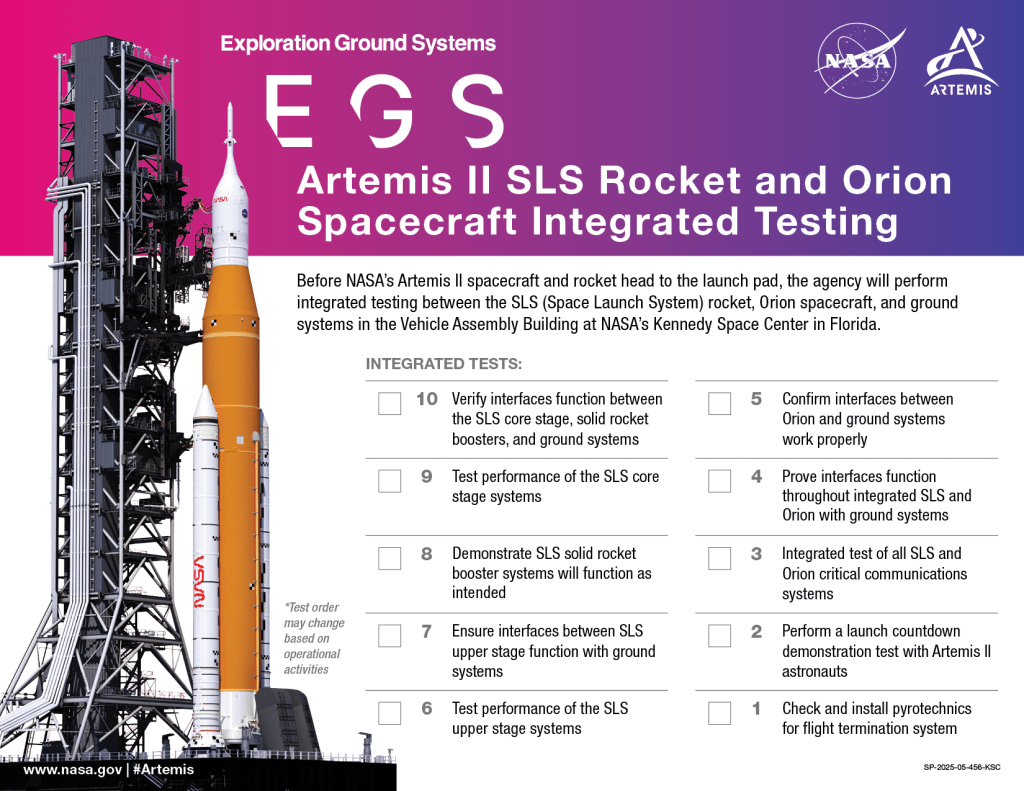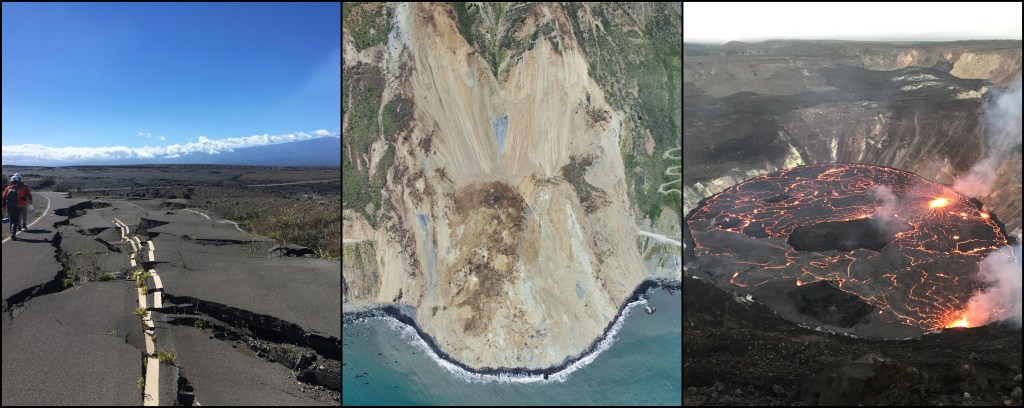Recently Published Web Content
Stay up-to-date with the latest content from NASA as we explore the universe and discover more about our home planet.

Written by Conor Hayes, Graduate Student at York University Earth planning date: Wednesday, June 4, 2025 We are continuing to look for a suitable location to collect a drilled sample in this area. As you may recall from Monday’s plan,…

Written by Henry Manelski, Ph.D. student at Purdue University This week Perseverance continued its gradual descent into the relatively flat terrain outside of Jezero Crater. In this area, the science team expects to find rocks that could be among the…
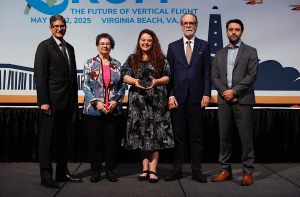
Dr. Natasha Schatzman Receives Vertical Flight Society (VFS) Award In May 2025, Dr. Natasha Schatzman, aerospace engineer in the Aeromechanics Office at NASA Ames Research Center, received the inaugural Alex M. Stoll Award from the Vertical Flight Society (VFS). This…

Space physics topped the International Space Station research schedule on Friday followed by ongoing biology studies. Earth observation duties and a variety of lab maintenance were also on the schedule for the Expedition 73 crew at the end of the…
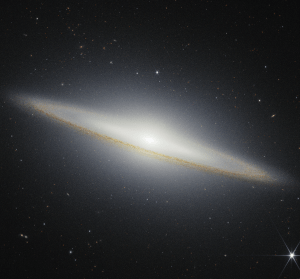
After capturing an image of the iconic Sombrero galaxy at mid-infrared wavelengths in late 2024, NASA’s James Webb Space Telescope has now followed up with an observation in the near-infrared. In the newest image, released on June 3, 2025, the Sombrero galaxy’s…

The 2001 Odyssey spacecraft captured a first-of-its-kind look at Arsia Mons, which dwarfs Earth’s tallest volcanoes. A new panorama from NASA’s 2001 Mars Odyssey orbiter shows one of the Red Planet’s biggest volcanoes, Arsia Mons, poking through a canopy of…

An online tool maps measurements and enables non-experts to understand earthquakes, subsidence, landslides, and other types of land motion. NASA is collaborating with the Alaska Satellite Facility in Fairbanks to create a powerful web-based tool that will show the movement…

When it comes to helping NASA scientists better understand the effects of space travel on the human body, fruit flies are the heavyweights of experiments in weightlessness. Because humans and fruit flies share a lot of similar genetic code, they…
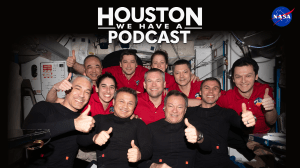
NASA and Axiom Space mission managers discuss how they work together to enable private astronaut missions ahead of Axiom Mission 4’s launch. HWHAP 388.

THIS PAGE WAS UPDATED ON JUNE 6, 2025(Updated Advanced Air Vehicles Program Fellowship Opportunities.) This Aeronautics Research Mission Directorate (ARMD) solicitations page compiles the opportunities to collaborate with NASA’s aeronautical innovators and/or contribute to their research to enable new and…
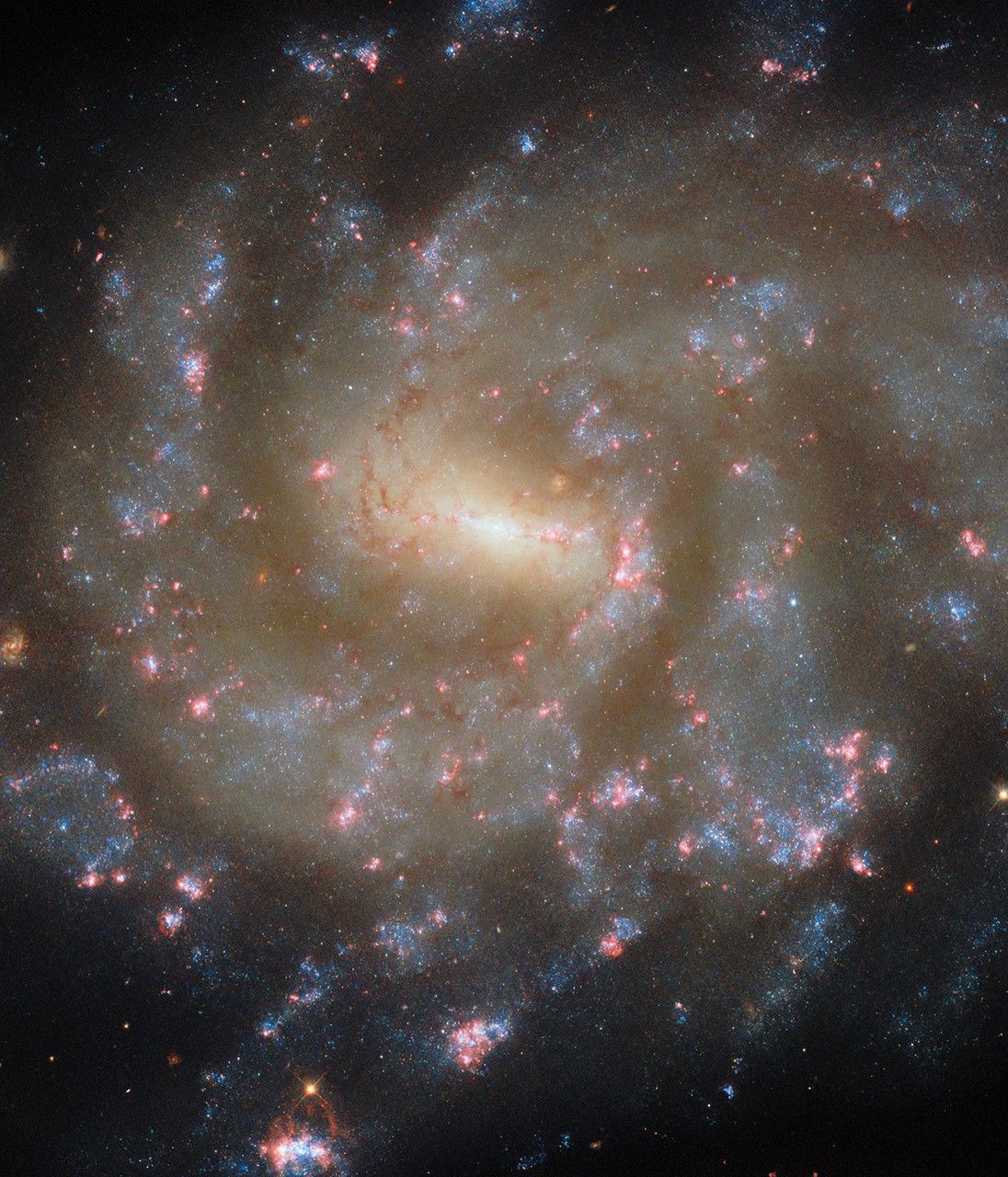
A galaxy ablaze with young stars is the subject of this NASA/ESA Hubble Space Telescope image. Named NGC 685, this galaxy is situated about 64 million light-years away in the constellation Eridanus (the River). NGC 685 is a barred spiral…

Editor’s note: This release was updated June 6, 2025, to correct the name of one of the awardees. NASA continues to collaborate with global communities to solve complex challenges through crowdsourcing with a series of 25 new NASA Open Innovation…

The Expedition 73 crew serviced a variety of science software and hardware on Thursday keeping up its advanced space research experiments and technology demonstrations. Eye checks, Earth observations, and life support maintenance rounded out International Space Station’s schedule.
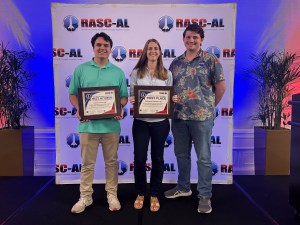
A team from Auburn University took top honors in NASA’s 2025 Revolutionary Aerospace Systems – Academic Linkage (RASC-AL) Competition Forum, where undergraduate and graduate teams competed to develop new concepts for operating on the Moon, Mars and beyond. Auburn’s project,…
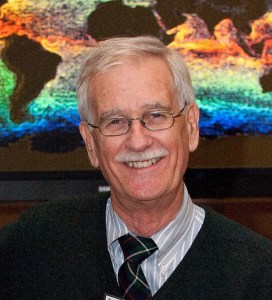
Earth scientist Compton J. Tucker has been elected to the National Academy of Sciences for his work creating innovative tools to track the planet’s changing vegetation from space. It’s research that has spanned nearly 50 years at NASA’s Goddard Space…

Introduction On September 15, 2018, the NASA Ice, Cloud, and land Elevation Satellite-2 (ICESat-2) mission launched from Vandenberg Air Force Base and began its journey to provide spatially dense and fine-precision global measurements of Earth’s surface elevation. Now in Phase…

While asteroid 2024 YR4 is currently too distant to detect with telescopes from Earth, NASA’s James Webb Space Telescope collected one more observation of the asteroid before it escaped from view in its orbit around the Sun. With the additional data,…

The team for NASA’s SunRISE (Sun Radio Interferometer Space Experiment) is reviewing the mission’s launch date, with anticipated launch no earlier than September. The heliophysics mission is sharing a ride aboard a United Launch Alliance Vulcan-Centaur rocket carrying U.S. government…

What happens when the universe’s most magnetic object shines with the power of 1,000 Suns in a matter of seconds? Thanks to NASA’s IXPE (Imaging X-ray Polarimetry Explorer), a mission in collaboration with ASI (Italian Space Agency), scientists are one…

A lot can change in a year for Earth’s forests and vegetation, as springtime and rainy seasons can bring new growth, while cooling temperatures and dry weather can bring a dieback of those green colors. And now, a novel type…

NASA astronaut Jeanette Epps retired May 30, after nearly 16 years of service with the agency. Epps most recently served as a mission specialist during NASA’s SpaceX Crew-8 mission, spending 235 days in space, including 232 days aboard the International…

Jack Kaye [NASA HQ—Associate Director for Research, Earth Science Division (ESD)] has decided to retire on April 30, 2025, following 42 years of service to NASA – see Photo 1. Most recently, Kaye served as associate director for research of…

Dr. Stanley Sander dedicated more than five decades to atmospheric science at the Jet Propulsion Laboratory, beginning his JPL career as a graduate research assistant in 1971. A leading figure in atmospheric chemistry, Stan made foundational contributions to our understanding…

Written by Lucy Lim, Planetary Scientist at NASA’s Goddard Space Flight Center Earth planning date: Monday, June 2, 2025 Now that Curiosity has spent a few sols collecting close-up measurements of the rocks in the outer edge of the boxwork-forming…

This NASA/ESA Hubble Space Telescope image features a sparkling cloudscape from one of the Milky Way’s galactic neighbors, a dwarf galaxy called the Large Magellanic Cloud. Located 160,000 light-years away in the constellations Dorado and Mensa, the Large Magellanic Cloud is the…




